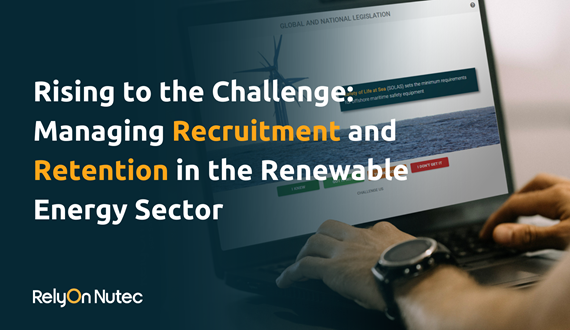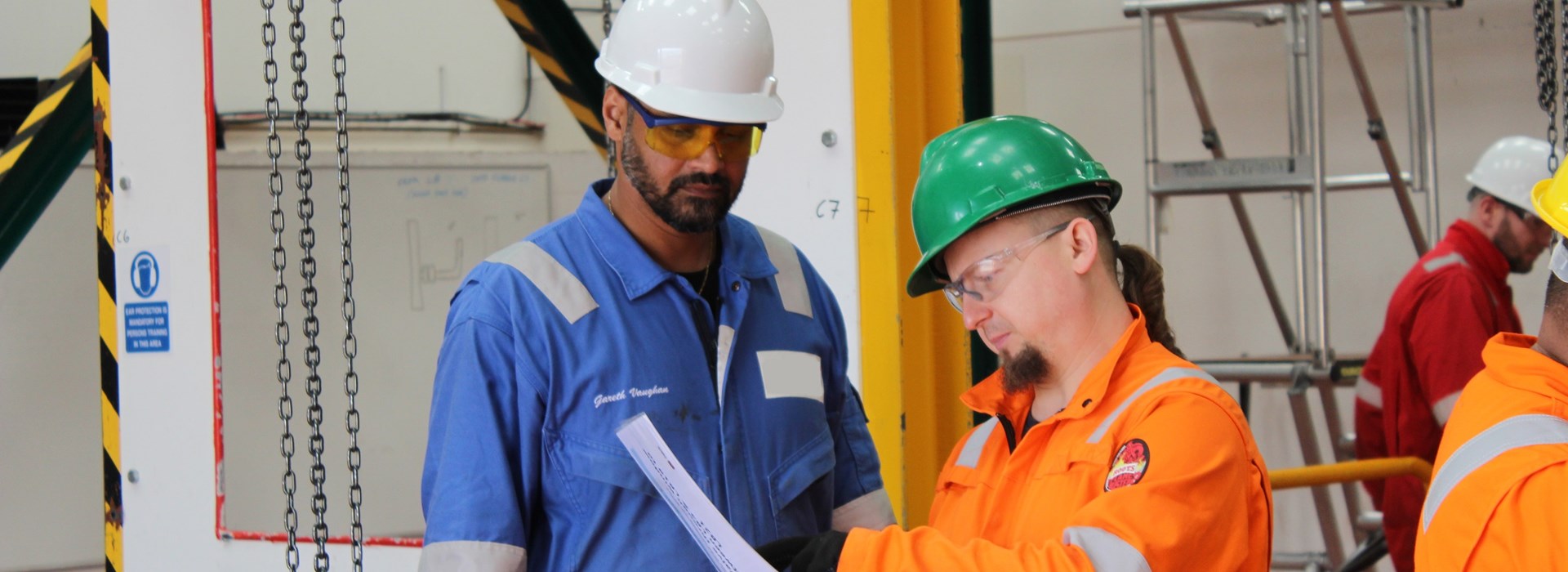Ok
Definition of Competence:
‘The combination of training, skills, experience and knowledge that a person has and their ability to apply them to perform a task safely.’
Extract: hse.gov.uk website
1. Having trained workers proves that they are competent.
FACT: This is one of the most common misconceptions, training alone does not prove competence. Training is the input in terms of skills and knowledge, competence is the measure of output in terms of the application of the skills and knowledge acquired, in the workplace undertaking normal work activities safely and in line with procedures.
2. I know my employees are competent, I don’t need a system to tell me.
FACT: Firstly, how do you know that your employees are competent and how do you currently measure this? Bringing in an independent third party organisation with technical specialist Assessors to support you to objectively measure the competence of your workforce, provides you with a measurable output. Alternatively, we can train your own personnel to conduct objective assessment against your company standards. In addition, a formal process can give peace of mind, with visibility of both strengths and development areas, and provides the opportunity to target training and development activities to demonstrate competence of individuals within their roles. Going through a quality competence assurance process adds real value, benefiting your business and how it operates.
3. Competence is confusing.
FACT: It’s not actually. If broken down into stages and managed in a process driven order, it is quite straightforward. A tailored action plan that is right for the nature, type and needs of the business, can be created in next to no time at all. Like any new initiative, in order to be successful it needs to be adequately resourced and managed.
4. It’s for large organisations only.
FACT: Both large, medium and small businesses, across all industry sectors need to ensure that their workers are competent, it is an HSE requirement and your business will benefit from having a robust competence management system in place whatever its size.
5. It’s expensive to set up a competence system.
FACT: There is no ‘one size fits all’ approach to a competence solution, each organisation will have its own drivers and requirements. Competence solutions should be bespoke and tailored to meet the needs of the specific business. Similar businesses work very differently, with variations to their existing internal HR processes and systems, and therefore may not require the same aspects of an integrated competence system as the next company. With this in mind, the associated cost of implementing a quality and bespoke competence system will reflect the specific company size, needs and budget. You will be surprised to discover the cost of this sort of model.
6. It’s really for meeting external requirements, there’s no other benefits.
FACT: No, a robust competence system will satisfy the needs of your clients and regulators, however the real value to the business comes from the implementation internally of a system of recognising existing skills and experience, as well as providing a platform for continuous improvement. In addition to the transparency of competence shown throughout the workforce, a quality and sustainable competence system will improve business performance and help to secure new business, therefore increasing your organisation’s revenue and reducing corporate insurance premiums.
7. Assuring competence only needs to be done once, it is a means to an end.
FACT: Competence must be measured on an ongoing basis in order to ensure that safe working practices are maintained over time, that skill fade is controlled, bad habits/short cuts are mitigated against and that human error is reduced as much as possible - all things that can become associated with the familiarity of performing tasks repeatedly.
8. Competence is a test and has a negative impact if someone is found to be not competent.
FACT: Quite the opposite, an effective competence assurance system is a positive initiative for the individual and the company. An effective system will accredit current skill and knowledge levels or, in the event that a development gap is identified, focus training & development needs. The overall result being a capability increase, with individuals better equipped to perform their role safely and the company able to perform operations more efficiently.
9. Re-assessment means the whole assessment needs to be repeated.
FACT: Competence is an internal HR process that forms an integral part of the employee life-cycle. The competence process, when aligned to other existing HR processes becomes more effective. For example, through linking annual performance reviews to ongoing competence targets. By incorporating key job role competencies along with the more general behavioural competencies of most appraisal systems, you’ll have an integrated and more effective overall tool for competence management .
10. If individuals have been doing the job for many years, they are competent and do not need to be assessed.
FACT: Experience and/or familiarity with a job is not by default sufficient to prove competence and whilst an experienced individual is likely to complete their assessment more quickly, it is not always the case that the decision will be ‘competent’. This can be for the following reasons; human nature pre-programmes us all on occasion to take short cuts, in particular where we are very familiar with tasks that we carry out routinely and repeatedly. Therefore experience can in fact result in driving people to take short cuts or allow habits of poor performance to creep in, where we divert from following the relevant, up-to-date procedures.
Next read
-

-

-
 Article 14. June 2024
Article 14. June 2024 -

Ensuring Safety and Efficiency: IRATA Rope Access Training for a Safer Work Environment
In industries such as oil & gas and renewables, where accessing challenging locations is common, rope access methods provide a safe and efficient solution. These methods offer technicians a secure means of navigating heights and restricted areas while minimizing environmental impact. However, proficiency in rope access requires proper training and a globally accepted safety education.
Article 4. June 2024 -

Polaris Sells RelyOn Nutec to Mubadala Capital
The acquisition, part of Mubadala Capital’s flagship Private Equity Fund IV, strengthens the asset manager’s footprint in the business services sector.
Article 24. May 2024 -

RelyOn Nutec Acquires Electrical Training and Consultancy Specialist Quercus Technical Services, Fast-tracking European Electrical Capability Build
Effective May 21st, RelyOn Nutec has acquired Quercus Technical Services BV, one of the largest specialist electrical safety and skills training organizations in the Netherlands. The acquisition of Quercus bolsters RelyOn Nutec’s position in the electrical training market and accelerates its European roll out.
Article 22. May 2024 -

-
 Article 2. May 2024
Article 2. May 2024
